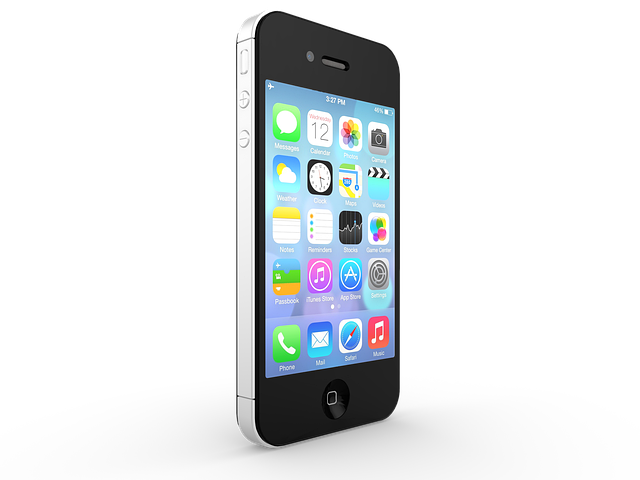Autodialer technology has revolutionized communication in sales and marketing but raises privacy concerns. In Pennsylvania, with its strict consumer protection laws, businesses using autodialers must comply with the Telephone Consumer Protection Act (TCPA). Hiring a specialized autodialer lawyer or attorney from a reputable firm is crucial to avoid legal issues, fines, and foster consumer trust. These experts guide companies on consent, disclosure, and ethical practices like transparency, do-not-call lists, data security, and software audits.
In today’s digital age, autodialer technology has transformed how businesses communicate with customers. However, the rapid adoption of this powerful tool raises ethical and legal questions, especially concerning consumer privacy and consent. This article explores the importance of ethical standards in autodialer use, focusing on Pennsylvania’s legal framework and best practices for responsible implementation. For those seeking guidance from an autodialer lawyer in Pennsylvania or considering their options with an autodialer attorney or law firm, understanding these nuances is crucial to ensuring compliance and maintaining consumer trust.
Understanding Autodialer Technology and Its Impact

Autodialer technology has revolutionized communication strategies in various industries, particularly in sales and marketing. This innovative tool allows businesses to automate the process of placing phone calls en masse, connecting with potential customers efficiently. However, the impact of autodialers extends beyond just convenience; it raises significant ethical considerations for businesses and consumers alike. With the ability to dial thousands of numbers in minutes, an autodialer can be a powerful marketing asset, but it also carries the risk of overwhelming recipients and invading their privacy.
In Pennsylvania, where consumer protection laws are stringent, the use of autodialers must adhere to strict regulations. An autodialer lawyer or attorney specializing in this area plays a crucial role in ensuring that businesses utilize this technology responsibly. These legal experts can guide companies on navigating the complex landscape of autodialer laws, helping them avoid potential pitfalls and fines. By employing their services, Pennsylvania-based businesses can protect themselves while reaping the benefits of effective marketing through autodialer technology.
The Legal Framework Surrounding Autodialers in Pennsylvania

In Pennsylvania, the legal framework governing autodialers is as stringent as it is comprehensive. With a focus on consumer protection and privacy rights, state laws have been enacted to regulate the use of automated dialing systems. An autodialer lawyer in Pennsylvania or an autodialer attorney from a reputable law firm can help businesses navigate these regulations, ensuring compliance with the Telephone Consumer Protection Act (TCPA). The TCPA restricts the practice of using prerecorded messages and artificial or synthesized voices for telemarketing purposes without prior express consent from recipients.
For businesses utilizing autodialers, hiring an autodialer lawyer in Pennsylvania or a specialized autodialer law firm is crucial to stay ahead of evolving legal standards. These legal professionals can guide companies on best practices, such as obtaining explicit opt-in consent and providing clear disclosure during marketing campaigns. Adhering to these guidelines not only minimizes the risk of costly lawsuits but also helps maintain consumer trust and satisfaction, which are paramount in today’s competitive business landscape.
Ethical Considerations for Autodialer Use and Best Practices

In the realm of modern communication, the use of autodialers has become increasingly prevalent, especially in telemarketing and customer engagement. However, as technology advances, so do ethical considerations. For autodialer lawyers and attorneys in Pennsylvania, navigating these uncharted waters is crucial to ensure compliance and maintain client trust. The primary focus should be on transparency and consent, adhering to regulations set forth by the Telephone Consumer Protection Act (TCPA). Every autodialer operation must obtain prior express written consent from recipients before making automated calls, ensuring they have a clear understanding of the purpose and potential costs involved.
Best practices for ethical autodialer use include implementing robust do-not-call lists, providing easy opt-out mechanisms during calls, and securing proper data handling protocols. A reputable autodialer law firm in Pennsylvania would emphasize the importance of client privacy and data security, ensuring all information is handled with care and in accordance with relevant laws. Furthermore, regular audits and updates to autodialer software can help prevent any unintended breaches or misuse, fostering a culture of ethical responsibility within the industry.






